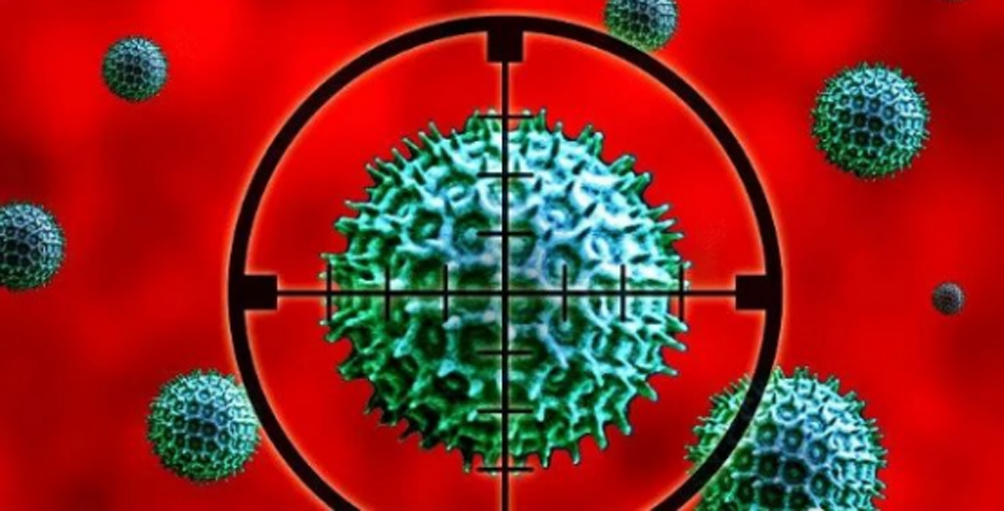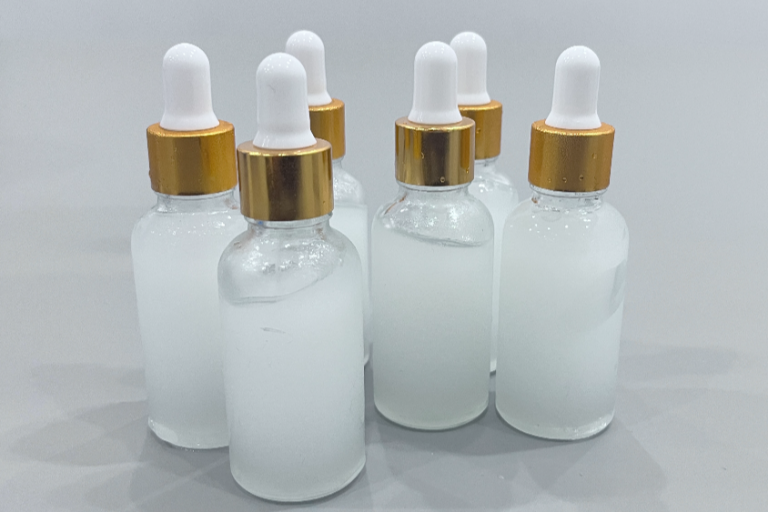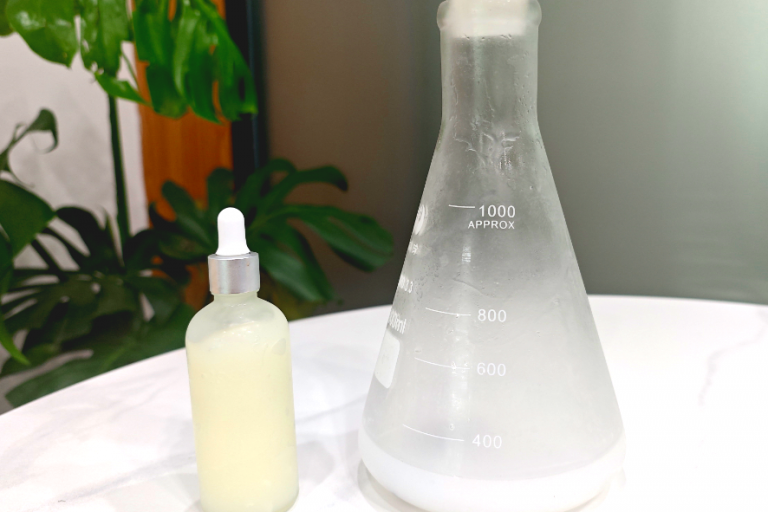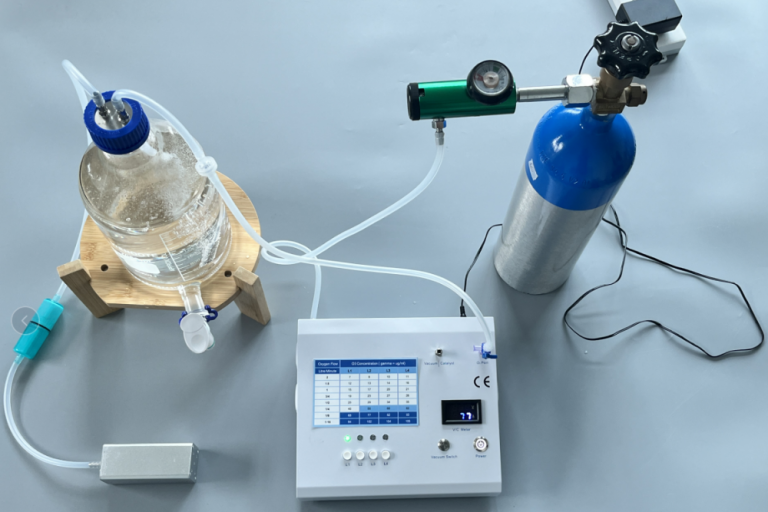Trioxane and Triple Oxygen Therapy for Improved Sleep Quality
The United Nations World Health Organization Working Group on New Coronary Pneumonia has recently concluded that chronic fatigue, shortness of breath, and cognitive dysfunction are the core symptoms of the sequelae of new coronary pneumonia, also known as post-new coronary infection syndrome or long new coronary. These symptoms have been widely acknowledged as being associated with the after-effects of COVID-19 infections.
However, a recent international multicentre study involving 13,628 patients aged 18-99 years from 37 medical centres in 16 countries across Europe, Asia, North and South America, including Finland, has shed new light on the subject. The study was conducted at the end of the pandemic during May-December 2021.
The research found that the sequelae of neocoronary pneumonia were more prevalent in patients who had more severe neocoronary pneumonia, i.e., those requiring hospitalisation. Unlike previous studies, chronic sleep disturbance was one of the main manifestations of the acute sequelae of neocoronary pneumonia, with fatigue accounting for 61.3%, insomnia for 49.6%, and excessive daytime sleepiness for 35.8% of all clinical manifestations.
Further analysis showed that sleep disturbance was significantly associated with post-infection and acute severity of neoconiosis when compared to a normal population without neoconiosis and to patients with varying severity of post-infection. The occurrence of insomnia is closely related to ischemia and hypoxia in the brain caused by chronic cerebral blood supply deficiency and cerebral atherosclerosis.
This study highlights the importance of recognizing sleep disturbance as a major symptom of the sequelae of neocoronary pneumonia and calls for further research into the association between sleep disturbance and neocoronary pneumonia. It also suggests that patients who require hospitalisation for neocoronary pneumonia are at a higher risk of developing sequelae and require more attention and care.
Trioxane and Triple Oxygen Therapy is a substance that has been found to have the ability to improve oxygen transport in the body, which helps increase the oxygen supply to hypoxic tissues. This improvement is achieved through trioxane’s direct effect on red blood cells, where it improves their suppleness and stretching, allowing them to transport more oxygen to tissues and cells.
This increase in oxygen transport leads to an improvement in blood oxygen saturation, which enhances blood circulation and tissue metabolism throughout the body. By improving the oxygen supply to brain tissues, trioxane has been shown to have a positive effect on sleep quality since sufficient oxygen levels are necessary for optimal brain activity during sleep.
Trioxane and Triple Oxygen Therapy is a promising treatment that utilizes trioxane to relieve insomnia caused by mental tension or physical discomfort. The Trioxane and Triple Oxygen Therapy works by promoting optimal metabolism in all parts of the body, leading to relaxation and improved sleep quality. It achieves this by improving the oxygen supply to the brain’s oxygen-deficient tissues, which allows all parts of the body, especially the brain, to fully relax and fall asleep easily.
Research studies have shown that trioxane and Triple Oxygen Therapy is an effective therapy for correcting post-neo-coronary sleep disorders. This is crucially important given the increasing prevalence of such sleep disorders during the COVID-19 pandemic. Moreover, triple oxygen therapy is considered a green therapy since it does not disturb the body and offers an innovative solution to many health problems that cannot be cured by conventional medicine.
In conclusion, trioxane and triple oxygen therapy offer a safe and effective solution for individuals seeking to improve their sleep quality. Trioxane’s ability to enhance oxygen transport in the body combined with triple oxygen therapy’s promotion of optimal metabolism and relaxation make it a useful tool for the correction of post-neo-coronary sleep disorders and other sleep-related issues without causing any adverse effects






